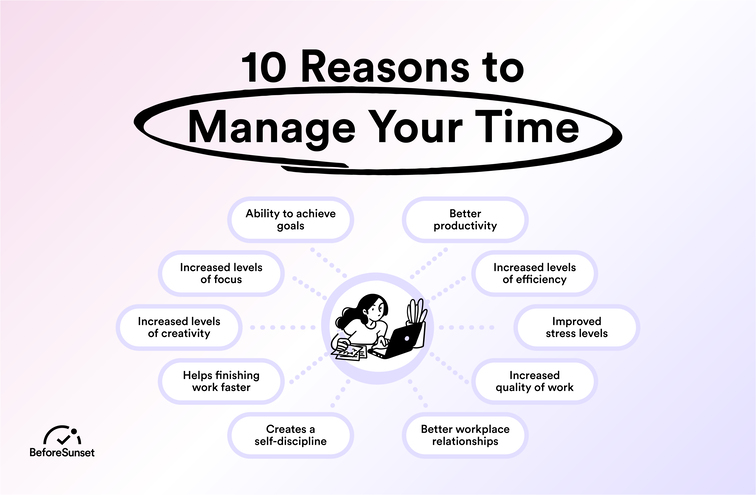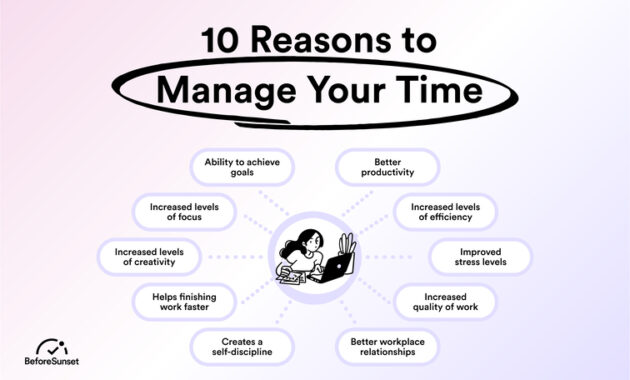Finance Apps with Advanced AI Tools for Budgeting are revolutionizing personal financial management by integrating sophisticated algorithms that enhance user experience and decision-making. These applications leverage artificial intelligence to provide insights into spending habits, optimize saving strategies, and offer tailored financial advice, making budgeting more accessible and effective for individuals.
In today’s fast-paced digital world, the importance of managing finances effectively cannot be overstated. With the advent of advanced AI technologies, finance apps are now equipped to analyze vast amounts of data, predict future spending patterns, and even suggest optimal budget allocations, empowering users to take control of their financial destinies.
In recent years, the landscape of technology has undergone unprecedented transformation, affecting nearly every aspect of our lives. From communication to entertainment, and from healthcare to education, technology is reshaping our world at a staggering pace. This article aims to explore the multifaceted impact of technology on society, delving into both its positive contributions and the challenges it presents.One of the most significant advancements in technology has been the rise of the internet.
The internet has revolutionized how we access information, communicate, and conduct business. It has effectively created a global village, allowing individuals from different parts of the world to connect instantly. According to a report from Internet World Stats, as of early 2023, there are approximately 5.3 billion internet users worldwide, a figure that reflects the pervasive nature of online connectivity.
This connectivity has fostered an environment of collaboration and innovation, enabling individuals to share ideas and resources across borders.In education, technology has opened up new avenues for learning. Online learning platforms, such as Coursera and Khan Academy, have made education more accessible than ever before. Students can now take courses from prestigious universities without the constraints of location or financial barriers.
A study by the Online Learning Consortium indicates that more than 6 million students in the United States alone were enrolled in at least one online course in 2022, a trend that signifies the growing acceptance of digital learning solutions.Moreover, technology has transformed the healthcare sector. Telemedicine, for instance, has gained traction as a viable alternative to traditional in-person consultations.
This became especially evident during the COVID-19 pandemic, when healthcare facilities were strained, and social distancing measures were in place. According to a report by McKinsey & Company, telehealth utilization surged to 78 times higher than pre-pandemic levels. This shift has not only improved access to healthcare services for numerous patients but has also allowed healthcare providers to deliver care more efficiently.However, alongside these advantages, technology also presents a myriad of challenges.

One of the most pressing concerns is the issue of privacy and data security. With an increasing amount of personal information being shared online, individuals are more vulnerable to data breaches and cyberattacks. The 2022 Cybersecurity Almanac estimates that cybercrime damages will reach $10.5 trillion annually by 2025, making it imperative for individuals and organizations to adopt robust cybersecurity measures.Additionally, the rise of social media platforms has given way to issues related to misinformation and the polarization of public opinion.
The spread of false information can have serious consequences, influencing public perception and even impacting democratic processes. The Pew Research Center has found that approximately 64% of U.S. adults believe that fabricated news stories cause confusion about the basic facts of current events. This situation calls for a heightened level of media literacy among users and a collective responsibility to scrutinize the sources of information.Another significant challenge is the impact of automation and artificial intelligence (AI) on employment.
While technology has the potential to enhance productivity and create new job opportunities, it also poses a threat to traditional job roles. A report by the World Economic Forum suggests that by 2025, automation could displace 85 million jobs globally, while simultaneously creating 97 million new roles more suited to the new division of labor. This paradox illustrates the necessity for workers to reskill and adapt to the evolving job market.The environmental impact of technology is another area of concern.
Rapid advancements in technology often lead to increased energy consumption and electronic waste (e-waste). According to a report from the Global E-waste Statistics Partnership, approximately 53.6 million metric tons of e-waste were generated worldwide in 2019, with only 17.4% being recycled. This trend poses a significant environmental risk, as improper disposal of electronics can lead to soil and water contamination.
A concerted effort is needed to promote sustainable practices in technology production and disposal.Despite these challenges, there are numerous initiatives aimed at harnessing technology for social good. Nonprofit organizations and tech companies are collaborating to develop solutions that address pressing social issues, ranging from climate change to healthcare access. For instance, the use of blockchain technology in supply chain management is being explored to enhance transparency and traceability, thereby reducing fraud and waste.
Similarly, machine learning algorithms are being applied to improve disease detection and personal health management.In conclusion, the impact of technology on society is profound and multifaceted. While it presents remarkable opportunities for progress and innovation, it also brings forth significant challenges that must be addressed. As we navigate this digital age, it is crucial for individuals, organizations, and governments to collaborate in fostering a balanced approach to technology adoption.
By promoting digital literacy, ensuring data security, and prioritizing sustainability, we can harness the power of technology to create a more equitable and resilient society. Looking ahead, it is imperative to remain vigilant and proactive in addressing the complexities of the technological landscape, ensuring that its benefits are widely shared and its risks are managed responsibly. Through thoughtful engagement and collaboration, we can work towards a future where technology serves as a force for good, enhancing our quality of life while safeguarding our values and the environment.












